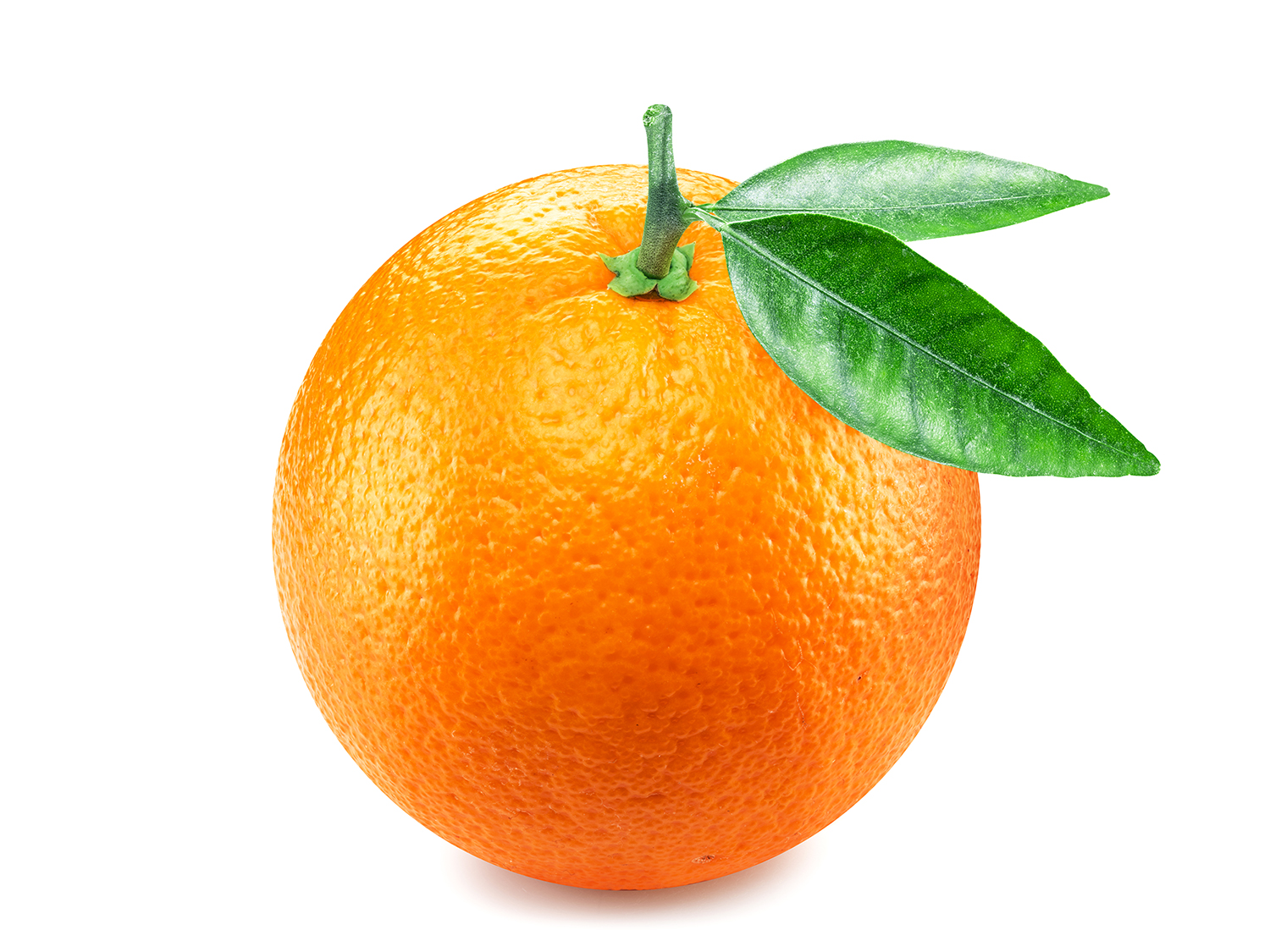Health Canada supports a nutrient rich diet.
NUTRITIONAL INFORMATION
Fibre
Fibre is a non-digestible carbohydrate found in plant foods. It is an important part of a healthy diet and plays many roles in the body. Fibre may help bowel regularity, lower blood cholesterol levels, and make you feel full longer.
Calories
Calories are the amount of energy in food. Nutrients that provide calories are carbohydrates, fat and protein. Your body uses the energy from calories to do all of your daily activities.
Carbohydrates
Carbohydrates are important nutrients for your health. They are the body’s main source of energy. The main kinds of carbohydrates are found in plants, such as fibre, starch, and sugars.
Fat
Fat is an important nutrient for your body. It gives you energy, helps your body grow and develop, and helps your body absorb vitamins A D E and K. There are 3 types of fat - the best one for your health is found in plant based food. Unsaturated fats are essential to the healthy functioning of the body. Replacing foods that are higher in saturated and trans fats with foods that are higher in unsaturated fats will help to lower LDL cholesterol levels in the blood and the ratio of LDL to HDL cholesterol in the blood. These effects can help to reduce the risk of heart disease. Foods that are higher in unsaturated fats are a common part of diets that have been shown to benefit health.
Protein
Protein is an important nutrient for your health. It helps build and repair body tissues. Like carbohydrates and fat, protein is a source of energy.
Sugar
Sugars are a type of carbohydrate. Health Canada recommends a healthy eating pattern where most sugars come from fresh fruit and vegetables. Other sources of sugar can increase calories without benefiting our health.
Vitamins & Minerals
Vitamin A
Vitamin A aids in normal bone & tooth development! It contributes to the normal function of the immune system and supports healthy skin.
Vitamin E
Vitamin E is a dietary antioxidant that protects the fat in body tissues from oxidation.
Vitamin C
Vitamin C is a factor in energy metabolism. It helps build teeth, bones, cartilage & gums.
Vitamin B6
Vitamin B6 is a factor in energy metabolism & tissue formation.
Folate
Folate aids in red blood cell formation. It contributes to normal amino acid synthesis.
Vitamin K
Vitamin K contributes to the maintenance of bones.
Calcium
Calcium aids in the formation of bones & teeth.
Magnesium
Magnesium contributes to normal muscle function & is a factor in energy metabolism, tissue formation & bone development.
Iron
Iron is a factor in red blood cell formation & helps build red blood cells.
Zinc
Zinc contributes to the maintenance of normal skin & to the normal function of the immune system.
For up to date information on nutrition, please visit the Government of Canada’s Food Inspection Agency website:

















